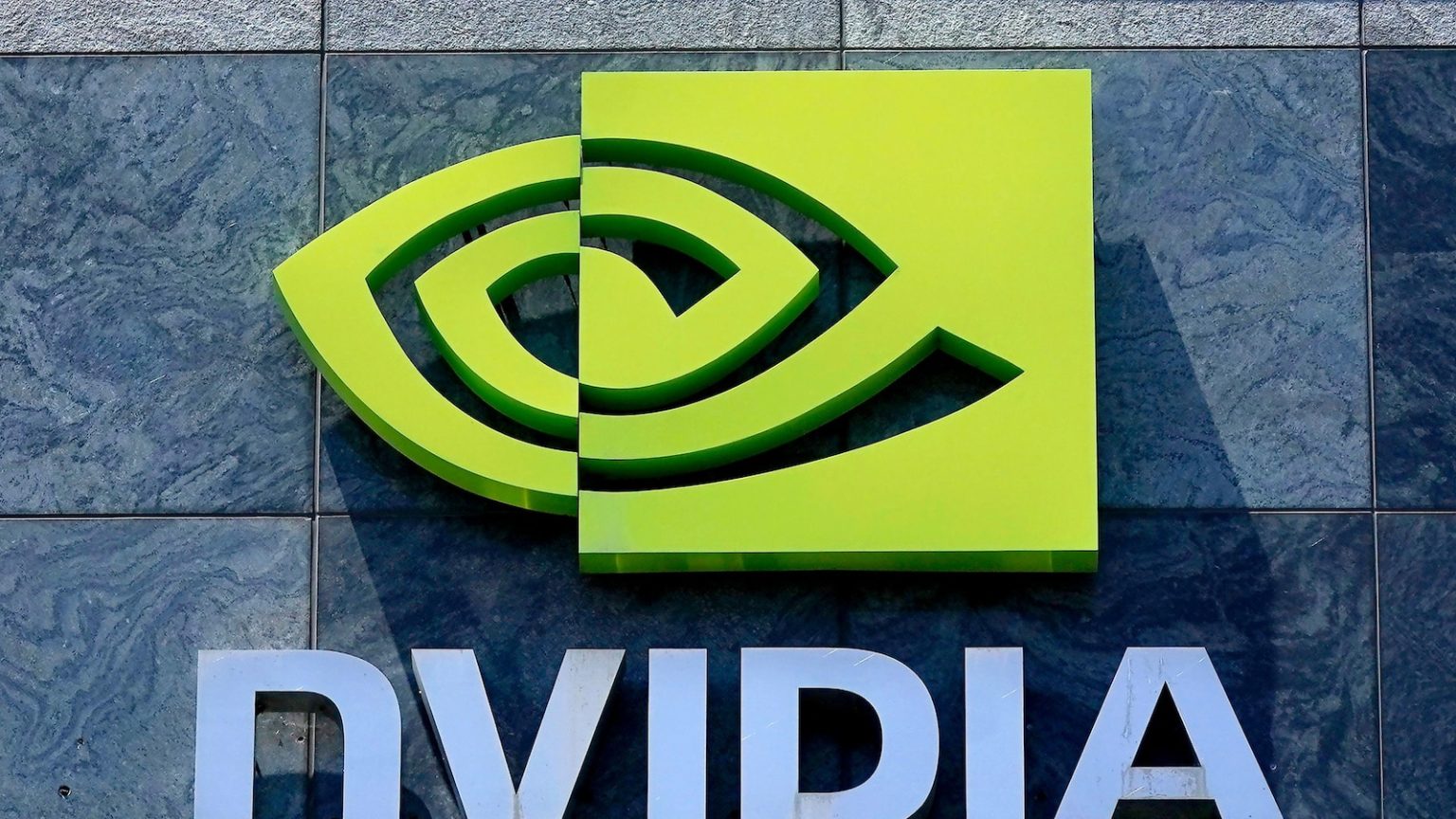Nvidia’s Earnings in Focus: A Look at the AI Giant’s Performance and Market Impact
Earnings Expectations and Market Significance
Nvidia is set to release its fourth-quarter financial results on Wednesday, and all eyes will be on the performance of its cutting-edge artificial intelligence (AI) chip, Blackwell. Analysts are particularly interested in gauging future demand for the chip, especially in light of recent claims by a Chinese startup, DeepSeek, that it has developed a competitive AI model requiring significantly fewer resources. Wall Street anticipates Nvidia to report adjusted earnings of 85 cents per share and revenue of $38.08 billion for the quarter, with net income projected to reach $19.58 billion. These numbers are not just critical for Nvidia but also carry significant weight for the broader U.S. stock market. As the second-largest company on Wall Street, Nvidia’s financial performance has a disproportionate impact on major indexes like the S&P 500. Its influence is rivaled only by Apple, and its market cap now exceeds $3 trillion.
The Role of AI in Driving Market Growth
Nvidia’s success, along with other companies benefiting from the AI boom, has been a key driver of the S&P 500’s recent record-breaking performance. Despite concerns about inflation and potential economic challenges linked to policies under former President Donald Trump, the exponential growth of AI-related profits has helped propel the market forward. Nvidia alone accounted for more than 20% of the S&P 500’s total return last year, outpacing the contributions of the other 499 companies in the index. This reliance on Nvidia’s performance raises concerns for investors, particularly those holding S&P 500 index funds in their retirement accounts. If the company fails to maintain its momentum, it could spell trouble for the broader market.
The Rise of Competition: DeepSeek’s Challenge
The upcoming earnings report will also be the first since DeepSeek, a Chinese AI firm, made headlines by announcing a large language model capable of competing with ChatGPT and other U.S.-based models. What’s more, DeepSeek claims its model is more cost-effective in terms of resource utilization, particularly when it comes to Nvidia’s chips. This news sent shockwaves through the market, with Nvidia’s valuation briefly dropping by $595 billion. However, Nvidia responded positively, praising DeepSeek’s achievement as an “excellent AI advancement” that leverages widely available models and complies with export controls. While this seems like a vote of confidence, it also underscores the rapidly evolving nature of the AI landscape and the potential challenges Nvidia may face in maintaining its dominance.
Nvidia’s Strategic Vision and Innovation Legacy
Nvidia’s early lead in the AI race can be attributed to the visionary leadership of its founder and CEO, Jensen Huang, who made a prescient bet on the chip technology powering the industry. The company has a long history of bold moves, dating back to the invention of the Graphics Processing Unit (GPU) in 1999. This innovation not only revolutionized the PC gaming market but also redefined the field of computer graphics. Over the years, Nvidia has consistently demonstrated its ability to adapt and innovate, positioning itself at the forefront of emerging technologies. Its focus on AI-specific chips has paid off handsomely, but the rise of competitors like DeepSeek highlights the need for continued innovation to stay ahead.
The Broader Implications for Investors and the Economy
For individual investors, Nvidia’s performance is more than just a company earnings report. As a constituent of the S&P 500, its stock movements have a ripple effect across the entire index. Many Americans unknowingly hold Nvidia in their 401(k) and retirement accounts through index funds. If the company’s stock, which has risen rapidly in recent years, experiences a correction, it could impact millions of portfolios. Additionally, Nvidia’s success is closely tied to the overall health of the U.S. economy, particularly as policymakers navigate the complexities of inflation, tariffs, and international trade. The company’s ability to sustain growth will be a key indicator of how well the tech sector—and by extension, the broader economy—can weather these challenges.
Looking Ahead: The Upcoming Earnings Report
When Nvidia releases its earnings after the market closes on Wednesday, investors will be watching closely for signs of whether the company can maintain its momentum. The results will provide insights into the demand for its AI chips, the impact of competition from DeepSeek and other players, and the company’s strategy for navigating an increasingly crowded and competitive AI landscape. Given Nvidia’s outsized influence on the market, this report is not just about one company’s financial health—it’s a bellwether for the future of the tech industry and the broader economy. Will Nvidia continue to lead the AI revolution, or will new challengers like DeepSeek begin to reshape the competitive landscape? The answers to these questions will be closely watched by investors and analysts alike.















